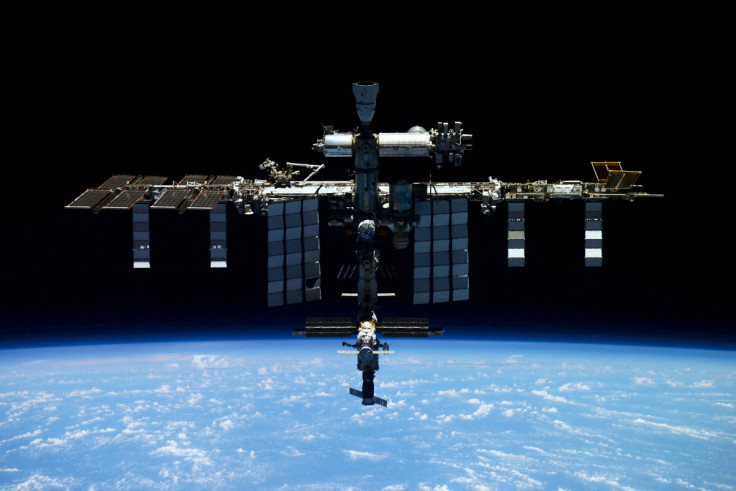Survey reveals high demand for AI and machine learning skills in the UK space sector
Among 95 per cent of surveyed space organisations facing skills challenges, 37 per cent lack software and data analysis experts and 21 per cent specifically require AI and machine learning skills above other needs.

New recruits with expertise in artificial intelligence (AI) and machine learning are becoming increasingly sought after in the UK space sector, as organisations strive to capitalise on emerging technologies.
According to the latest findings from the UK Space Agency's Space Sector Skills Survey 2023, conducted in collaboration with the Space Skills Alliance and know.space, a staggering 95 per cent of space organisations surveyed reported encountering skills-related challenges.
The survey highlights that over one-third (37 per cent) of space organisations are currently facing a shortage of professionals with expertise in software and data analysis. Additionally, nearly a quarter (21 per cent) expressed a specific need for AI and machine learning skills, a demand higher than in any other technical area.
Software and data analysis roles accounted for a significant portion of job vacancies in the sector, comprising half of all open positions. This growing demand is in line with the rapid expansion of the UK space industry, which has witnessed income more than double over the past decade, surging from £8.3 billion in 2009 to £17.5 billion in 2021, as stated in the 'National Space Strategy in Action.'
To address the widening skills gap, the UK Space Agency has announced plans to invest £15 million in education, skills development and outreach initiatives over the next two years. This marks a nearly fivefold increase in support for these critical activities.
Professor Anu Ojha, Director for Championing Space at the UK Space Agency, emphasised the agency's commitment to fostering a strong and skilled workforce for the space industry, saying: "Our rapidly evolving space sector is home to ambitious organisations pursuing cutting-edge science and technology, and generating significant investment opportunities."
"We're committed to catalysing this growth and ensuring a strong pipeline of highly skilled professionals into the sector."
The survey revealed that larger organisations in the space sector reported more skills gaps (65%) than their smaller counterparts (52%). However, these figures are lower compared to equivalent organisations in other business sectors (86%).
Interestingly, the demand for AI and machine learning, as well as data analysis skills, has risen over the last three years, while the need for software and radio frequency engineering experts has decreased due to successful recruitment and upskilling within organisations.
What is next for the UK Space Agency?
Looking ahead, leaders from the space sector leaders anticipate a shift in skills requirements over the next three years, with nearly 41 per cent of organisations predicting an even greater demand for software and data specialists, owing to rapid advances in AI tools.
In terms of future needs, survey respondents expect AI and machine learning skills to remain in high demand (70%), followed by a need for stronger strategy and leadership skills (58%). Notably, nearly 30 per cent foresee a rising demand for cyber security expertise in their workforce in the coming years, compared to the current 15 per cent.
The study also uncovered challenges in recruiting these essential skills, with 76 per cent of respondents citing difficulties in finding staff with the required expertise.
Competition from other sectors (68%) and other space companies (45%) were cited as the biggest hurdles, while retention issues have also increased due to staff poaching (57%) and comparatively lower pay levels (48%).
However, the survey indicates that the space industry is actively addressing these challenges, with 87 per cent of large space organisations providing training to upskill their workforce. Additionally, the number of apprenticeships offered by these organisations has increased from 20 per cent in 2020 to 30 per cent this year.
The UK Space Agency's commitment to investing £15 million across various programs is expected to inspire young individuals from diverse backgrounds to pursue STEM careers, empower teachers to incorporate engaging space-related learning experiences in classrooms and create pathways for newcomers to enter the space industry.
© Copyright IBTimes 2025. All rights reserved.






















